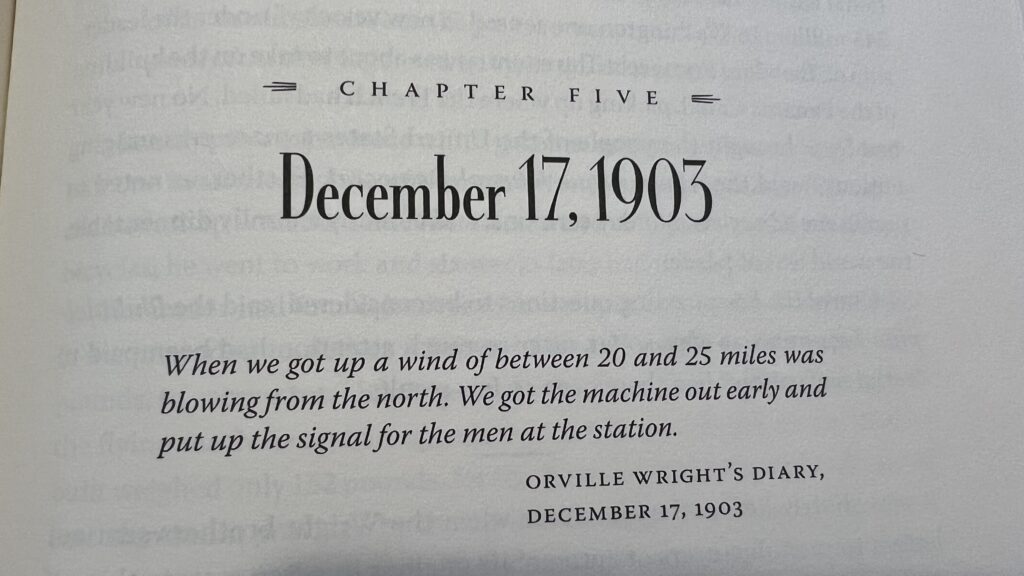The Promenade: Pianos Will Not Fly By Themselves
It sits there, having not been used for years, and yet it is one of the few things I will not get rid of….
My upright piano.
Gotten as a gift for Chanukah a few years back, from my late wife, the Zoologist.
And yet, as it reclines there, it waits to be played, and I will spend a year learning to figure it out so that I might play it.
It is currently an unused gift. I believe this season, while I am still single and do not have a chick to annoy (the way I annoy Wendy Hibbard with the word “chick”) yet, I will do something with it.
Unused Gifts And Thresholds
And that working with unused gifts, or underused gifts, is also a threshold to consider.
A threshold being a place over which we cross from an old season to a new season. In this case, season of not playing piano, to season of learning to play (transitional season to be managed), to season of being able to play.
One gift, however, which I have not underused nearly as much, though it is not wholly unpacked, is my skill with the written word. It is part of the reason I maintain TPH. The site is a constant reminder I have an audience and people who derive some life from the things I write, not like ticks on a dog bleeding life off for survival, but more like friends out for a jaunt, enjoying the eternal adventure of sonship.
I recently discovered an aspect of my design as a writer, that, as yet, is not wholly unpacked, through the recommendation of a fellow Mercy’s blog.
If you have not discovered her blog, and are not intimidated by materialized whimsy in footnote form (I was delightfully entertained by such), Robyn McKinley’s Flying Piano sports some skillfully-wielded verbal craftsmanship in the Mercy tribe’s key of music. It reminds me of another variant of Megan Caldecourt’s Beyond The Horizon blog, itself under the cleverly-redemptive Amethyst-noted URL handle RimOfTheWorld7. And though Robyn’s and Megan’s content are a world apart, the whimsy and attention to ecosystem present themselves variously.
A friend of mine who also is connected to The Man From California, recommended her writings, and the first pair of postings hit me in that sweet linguist’s spot that evoked the sort of laughter that only my brother can evoke when we are watching Danger Mouse, or when I partake of such works as the aptly-monikered Eats, Shoots, & Leaves by Lynne Truss (her usage of the Oxford Comma notwithstanding, her work on punctuation possesses a singular wit.)
So, without adieu, gang, here is the link:
https://robinmckinleysblog.com
The Great Earth Gates of Kiev: Missed Opportunities and Unused Feasts of Christian and Believing Jewish Movements
For those not famliar, Mussgorsky’s Pictures At An Exhibition is a favorite piece of mine, and the first and third heads of this post are tied to movements of that work. “The Promenade” was the introduction to the piece and “The Great Gate of Kiev” is part of the body of that work. And given I have done some work in describing and teaching on spiritual structures like portals and earth gates….well, perhaps you will get the point.
Chanukah…
An unused feast…
Yes, in the canon of biblical text, it is only mentioned once, and then, it seems, a passing reference.
However, in our family, because of a series of events 10 years ago, the King highlighted its purpose for me and my family, and here I communicate it to y’all.
December 7, 2012, I had done something I never thought I would do ever: File for divorce. During that season from March 13 to December 7, I had completely lost my capacity for humor and laughter.
December 8, 2012, something happened though. Through the prayers of a friend from Missouri, the King had sparked a light.
And that was the first rekindling of hope in my spirit.
My laughter had returned….something really important to me…the laughter that many of y’all enjoy when we converse about any number of things.
I daresay when Hope goes missing from those who are prophetic, the effect of melancholy and despair become like unto arsenic; each new dose doubles the effect, and rushes the victim toward a most heinous end. And the joy that is needed to overcome such despair must be beyond speech, recongnition, or understanding.
That was the first night of Chanukah that year, and since then, every year, the King has given me a theme and two lynchpins for the celebration of the Feast of Dedication.
“But David, we have Sukkot. And Chanukah wasn’t commanded by the King.”
The first was John 10:22-30. To other than a “details” eye, this is a passing reference. But with the Mercy John, I would contend there is nothing passing. We Mercies, in a general place of emotional health, have a penchant, and an affection for, the understated.
At that time the Feast of Dedication took place at Jerusalem. It was winter, and Jesus was walking in the temple, in the colonnade of Solomon. So the Jews gathered around him and said to him, “How long will you keep us in suspense? If you are the Christ, tell us plainly.” Jesus answered them, “I told you, and you do not believe. The works that I do in my Father’s name bear witness about me, but you do not believe because you are not among my sheep. My sheep hear my voice, and I know them, and they follow me. I give them eternal life, and they will never perish, and no one will snatch them out of my hand. My Father, who has given them to me, is greater than all, and no one is able to snatch them out of the Father’s hand. I and the Father are one.”
John 10:22-30 ESV
What was the King doing in Jerusalem in winter walking in the Temple complex during the Feast commemorating the dedication of the temple?
I surmise he went up to Jerusalem to celebrate the recovery of the Temple Mount, and so He could point the masses to himself.
There was a dedication of the King to his Father’s purposes, and him preparing us for the dedication of our temples when we invite him in and he teaches us cause-and-effect relationships (principles), and in this season, Father gives a pair of items that color the year going forward.
Light and Truth
Justice and Mercy as the Two Facets of Love
Filter and Flow
And Sowing and Reaping
For the whimsical Exhorter G-d/Man who IS fully G-d and fully Man right now, this is a season of illumination of He himself. It’s a season of light given us by the Father of Lights.
Further, when you consider that Sukkot was when we celebrated the birth of the King (late September to early October), dial that timeframe back roughly 40 weeks and where does that place the season of His conception?
Yeah….illumination…..the spark lights the fire….thank you to the Mercy Bob Jones, for speaking to that dynamic.
That light which rains hope upon those of us which despair in this season, is the gift of His Presence to us, in us, and through us.
And for us, it is not so important that Judas Maccabaeus led a raid to retake the temple and the light stretched from one day to eight.
Rather it is a celebration of Him Who Is Light, and the One Who Reveals Reality in its Kaleidoscopic Fullness in this period, so that we can embrace our destiny and recalibrate this season to deeply redemptive purpose.
G-d was here first.
And I don’t celebrate it because unbelieving Jews reclaimed the temple. I celebrate because the Son of G-d did, and the Ben-Adonai and the Ben-Adahm used this season to tell us plainly who He was and rejected the inquiries of the religious leaders He baited with His Presence By being His Light In His Temple, which was His body, as during this season, He was REVEALING what He was doing: TENDERLY gathering His sheep who were so illuminated they could hear His voice and follow Him.
He was sowing His speech as the Word, the λόγος, and reaping the benefit of His exaltation of El Padre De Luces Del Cíelo, quien no tiene el desviación o sombro cambiante.
¡Gloria a Dios!
This is a season where the King gives our family a theme, and then He meets us as I teach on a grouping of passages during the nights of the feast.
And from year to year it varies.
As it will this year. And we will cover Galatians 6:7-9, and Psalm 95 paired with Genesis 2 and Hebrews 3 and 4, and segments of James 1, and 1 John 1, a couple of other passages where sowing and reaping are described, including Josiah and Manasseh. For what season would be complete without me showing the good thing Manasseh did while also highlighting the rebellion of Josiah.
Sowing and reaping, gang.
And the presence of His emotions can make even pianos to fly and destinies to come alive as we are reconciled to our birthrights.
So, consider deeply what He may say to you in this season, gang.
And receive His joy which will provide you strength for your destiny and journey.




